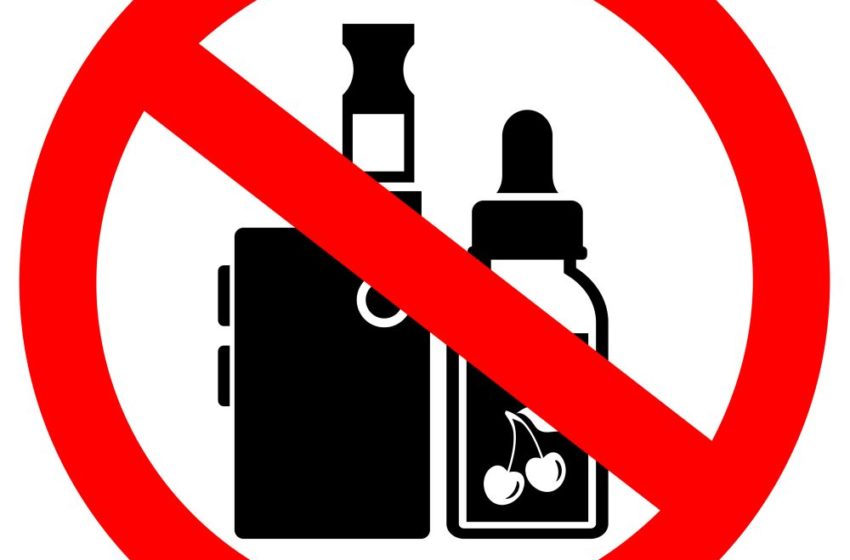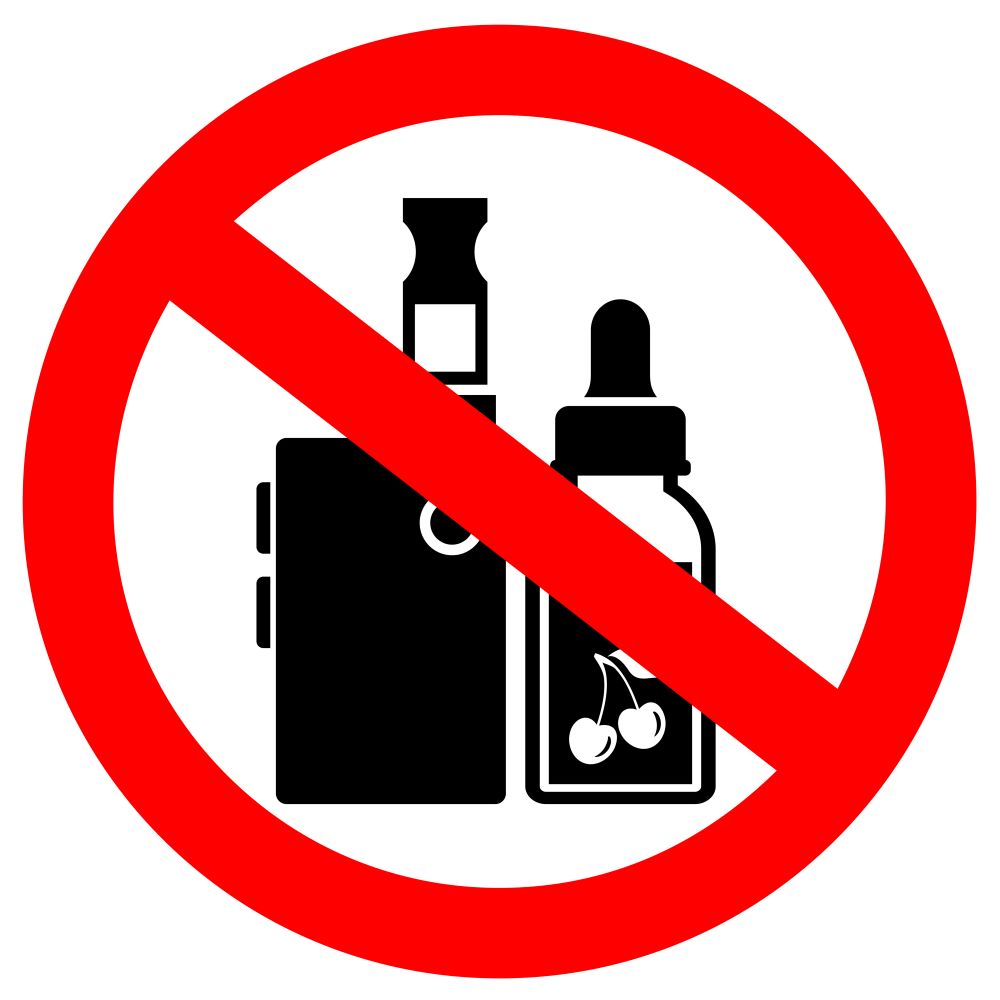Imperial Tobacco Canada (ITCAN) appointed Frank Silva as president and CEO, effective April 1, 2023.
Silva has a long history with ITCAN, and its parent company BAT, that includes roles at local, regional and global levels. Silva has served as regional marketing director for BAT’s Asia-Pacific and Middle East region, vice president of marketing and sales at ITCAN and marketing director for BAT U.K. and Ireland. At the global level, he was instrumental in developing BAT’s harm reduction strategy, which is core to the company’s expansion into new categories, currently focused on less harmful alternatives to smoking.
Most recently, Silva has been working with Reynolds American, BAT’s division in the United States. During that time, Silva was senior vice president of digital and consumer experiential marketing, president of Reynolds sales and trade marketing services as well as senior vice president of Reynolds premium brand portfolio, Newport, Camel and Natural American Spirit.
“I am thrilled to return home to ITCAN as president and CEO,” said Silva. “I would like to extend my gratitude to my predecessor, Ralf Wittenberg, for his hard work and leadership over the past three years. He has left me a solid business with incredible people, and I believe we are well positioned to continue [to] demonstrate leadership in the tobacco harm reduction space.’’
Ralf Wittenberg will return to BAT’s global headquarters in London as commercial director of nicotine reduced-risk products.
With his experience in tobacco harm reduction, Silva will be pivotal in continuing ITCAN’s focus on offering a portfolio of less harmful alternatives to adult smokers. He believes that with the right regulatory framework, a continued increase in the acceptance of tobacco harm reduction and the right enforcement to ensure nicotine products are not sold to youth, Canada can reduce smoking rates below 5 percent before Health Canada’s stated goal of 2035.
“I am excited by what the future holds for ITCAN. As a Canadian, I am vested in the company and in the country. I believe we have the right strategy and the best people to continue our transformation,” continued Silva.




















